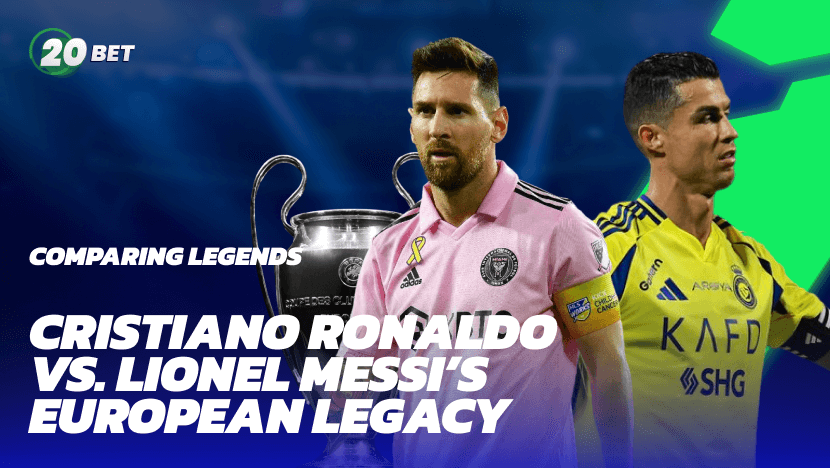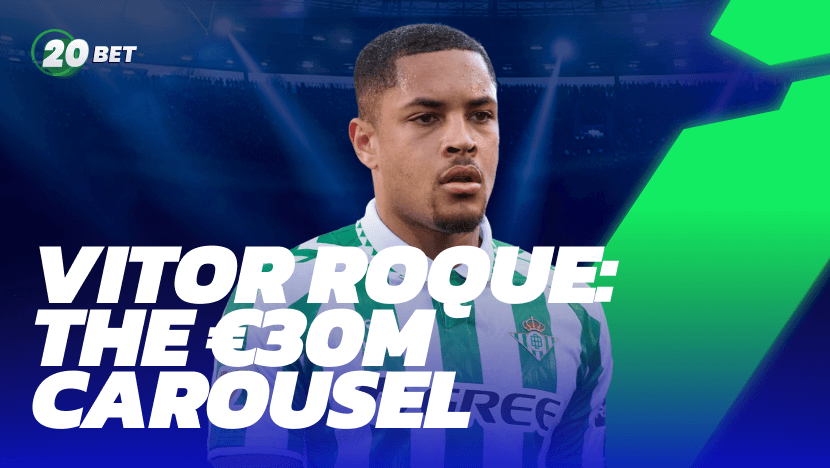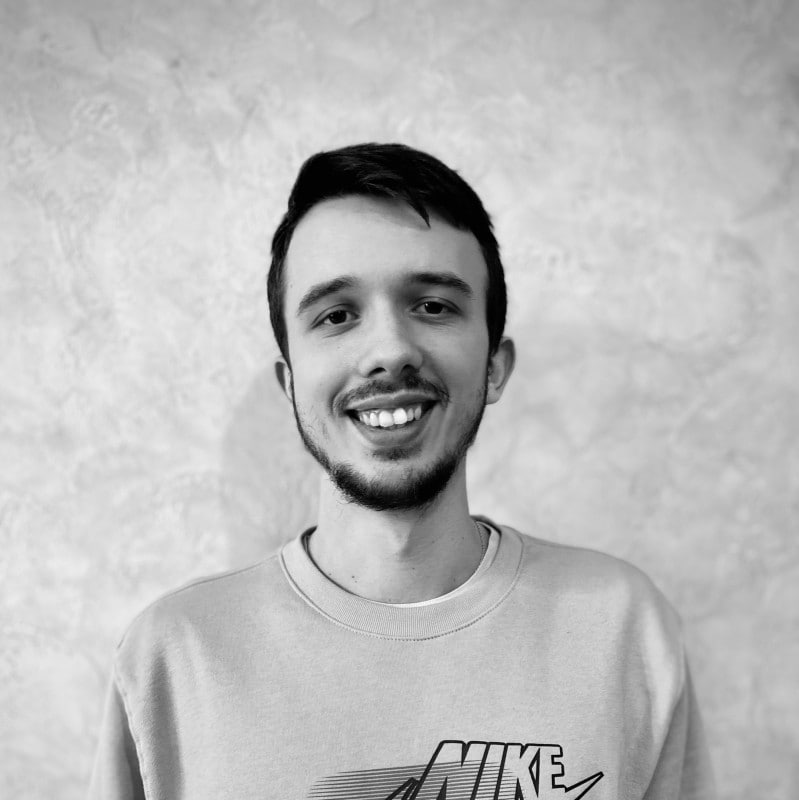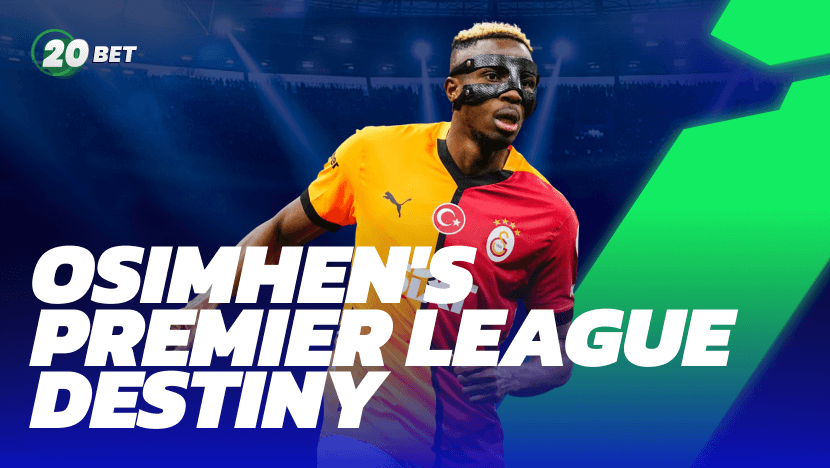The Rise of a New Generation of Next Big Soccer Managers
European soccer is changing, and a new group of young coaches are entering the scene. They bring fresh ideas, modern training methods, and a strong connection with their players.
In the past, managers had to wait 10-15 years to get big jobs, typically reaching these positions in their late 40s or 50s. But today’s young coaches are proving themselves much sooner. In their 30s or early 40s, they already break into elite roles.
Their success stems from creativity, adaptability, and a deep understanding of the game. They are shaping their futures by expanding their horizons beyond old-school approaches.

Promising Young Managers in European Soccer
Several young managers are making big impressions. Their success comes from innovative tactics and strong leadership. Also important is their ability to handle top players under pressure. These rising stars have the potential to dominate European soccer in the coming years. Let’s see who they are.
Arne Slot
Arne Slot is one of the most exciting and promising young coaches in Europe, and made a name for himself in his early 40s. He guided Feyenoord to the Eredivisie title with fast, attacking soccer.
Slot’s teams press high, recover the ball quickly, and move forward with speed. He focuses on developing young players to build strong teams. For example, he helped Orkun Kökçü become Eredivisie Player of the Season in 2023. Many believe Arne Slot could soon join a major European club.
Francesco Farioli
At 34, Francesco is one of the youngest coaches in Europe. He started as a goalkeeper coach and now leads Nice with a strong defensive style. His teams are well-organized and challenging to break down, but can also attack quickly when given the chance. His fresh approach and leadership skills make him a manager to watch.
Thiago Motta
Another successful coach with flexible tactics is Thiago Motta. At 36, he started his coaching career with Paris Saint-Germain’s U19 team. Now he manages Bologna in Serie A and has gained attention for his progressive tactics, attacking style, and adaptability.
He focuses on keeping possession and moving the ball intelligently. Under his leadership, Bologna plays with confidence and a clear strategy, competing well against bigger teams.
Mikel Arteta
Mikel Arteta was known for his vision, passing, and leadership as a player. By his late 30s he had begun to prove himself as a top coach. At the age of 37, Mikel became an assistant coach at Manchester City under Pep Guardiola.
He has an impressive ability to build a team that controls the ball, presses hard, and attacks with creativity. Arteta has helped Arsenal improve their innovative tactics and clear vision. He also has a proven ability to develop young talents and win trophies, making him one of the most promising soccer commanders.
Xavi Hernández
As a Barcelona legend, Hernández has incorporated his playing philosophy into his coaching. He was recognized by his quick passing, possession, and thoughtful movement.
Despite challenges, like financial constraints, he’s helped Barcelona regain their identity as a possession-based, attacking team. If he keeps improving at this rate, he could become one of the best coaches of his generation.
Challenges Young Managers Face in Modern Soccer
Becoming a top manager in Europe is not easy, especially for young coaches who face popular competition in this field. Some of the biggest challenges include:
- Handling Big-Name Players: Managing top stars requires strong leadership and communication skills.
- High Expectations: Clubs want results fast, giving little time to build a team.
- Tactical Changes: Soccer is constantly evolving, so managers must stay ahead and avoid limiting themselves to one coaching style.
- Media Pressure: Fans and journalists constantly analyze every decision, which can add pressure and be distracting.
- Keeping Players Happy: Balancing playing time and squad morale must be handled delicately.

Tactical Flexibility and Team Management
The key difference between young and older managers is adaptability, one of the biggest strengths of the new generation. Unlike senior coaches, who often stick to their preferred style, newer faces are more eager to adjust their tactics based on the situation.
Many up-and-coming managers want their teams to win the ball back quickly, so they might be demanding, but it helps them win. Coaches like Xavi and Arteta focus on positional play, such as controlling space and passing.
Defensively strong managers, like Farioli, build teams that are hard to break down. Many of these managers are great at improving young talent, which adds depth and adaptability to their squads.
Success Stories: Young Managers Already Making an Impact
Some young coaches have already shown they belong at the top. For example, Arteta has transformed Arsenal into title contenders. Also, Slot has won major trophies with Feyenoord, and Xavi brought Barcelona back into the fight for titles.
These managers prove that age is not a barrier to success.
Predictions: Who Could Become the Next Elite Manager?
Looking ahead, several young coaches have the potential to join the elite. Arteta and Xavi already lead big clubs, but Slot, Motta, and Farioli could soon be managing Europe’s top teams. If they continue their progress, they could be the next generation of coaches competing for Champions League titles.
Arne Slot has already garnered significant attention for his work in Feyenoord, where he has transformed the team into a dominant force in Dutch football. In the 2022-23 season, his team scored 81 goals in 34 league matches, averaging 2,38 goals per game. With such impressive results, no doubt he is one of the top-tier coaches.
However, In the 2023-24 season, Thiago Motta transformed Bologna, so the club boasted one of the best defensive records in Serie A, conceding fewer than 1 goal per game on average. With his tactical acumen and ability to develop young talent, Motta has been touted as a future manager for clubs like Juventus or Inter Milan.
Disclaimer: The content provided on this page, including all predictions, odds, and related information, is for entertainment and informational purposes only. While we strive to ensure accuracy and timeliness, we do not guarantee the correctness or reliability of any predictions, data, or information presented here.
FAQ
Who are some of the most promising young soccer managers in Europe?








